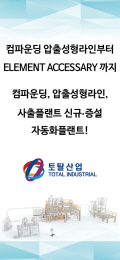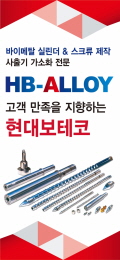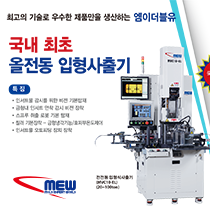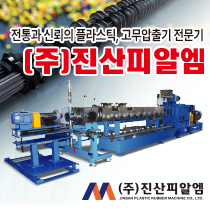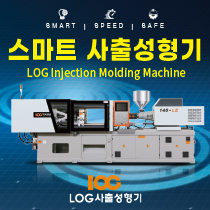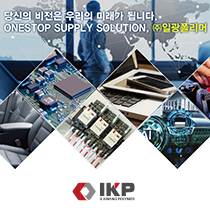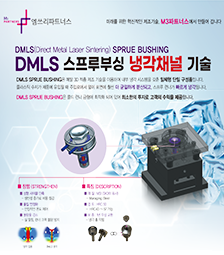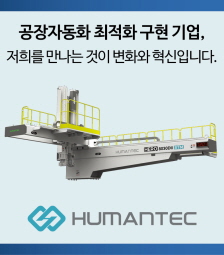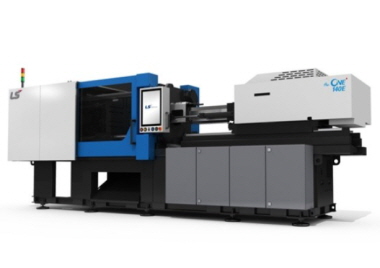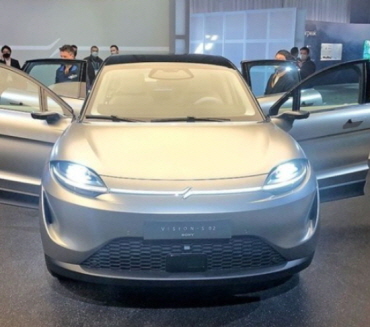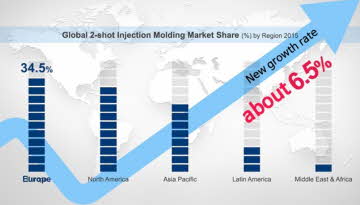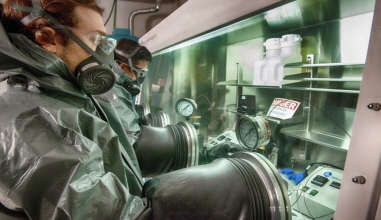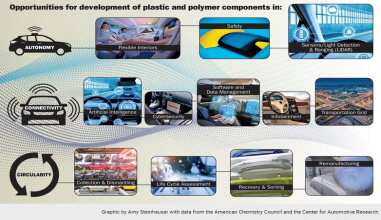Detroit — As additive manufacturing matures, improvements in the technology can help companies to create economies of scale, but only if material costs are low.
Technology & solutions
BMW sees potential of 3D printing in new business models
작성자 : Editor
2019-06-02 |
조회 : 4374
BMW sees potential of 3D printing in new business models
Audrey LaForest
"We believe that additive manufacturing might change the way that we could produce our cars or components in the
future in a dramatic way," said Dominik Rietzel, BMW Group's head of additive manufacturing in the non-metals division.
That was a point made by Dominik Rietzel, head of additive manufacturing in the non-metals division at BMW Group, during a keynote presentation at the Rapid + TCT trade show, held May 20-23.
The German automaker identified eight important topics that are transforming automotive production such as smart data and analytics, automation, lightweight construction, electrified powertrains and, of course, additive manufacturing.
But for series production, especially in automotive, "reliability is key," he said. "Our cars are driven in very rough conditions. We need to rely on every component in them."
That's part of the reason why BMW developed its own additive manufacturing readiness levels, which is essentially a "generic approach" to utilizing the technology and validating 3D printed parts, Rietzel said. It's also something BMW openly shares with its suppliers.
"We don't want to keep all the [intellectual property] on our side," Rietzel said. "We want to share it with the community, so that everybody can really improve their processes and supply us with parts in the future."
Strong, long-term partnerships with additive manufacturing firms such as HP Inc. and EOS GmbH has helped the automaker achieve those types of product innovations in additive manufacturing.
But tech startups also play a role in this. Through BMW's venture capital fund — BMW i Ventures Inc. — the company is staying on the forefront of the latest advancements in technology.
"For us, the most important thing is to work closely together with them and understand the [key performance indicators] of such a new technology before they release the product," Rietzel said of BMW's access to startups.
Changing the process
Additive manufacturing is not only changing the way companies think about products, Rietzel said, but also how they create their business models.
A prime example of this is BMW's Mini Yours Customized project, where consumers are able to customize and personalize various components, such as side scuttles and cockpit fascias, that are then 3D printed by the automaker.
"Imagine having such a process in a big corporation that you can just upload something on your iPhone, and we can print it for you and send it directly to you," he said. "This isn't normal in this industry."
For the project, Rietzel said BMW is using an automated production cell with two robots and two M2 printers from Carbon. With automation, the company can produce 504 pieces per week on each machine vs. 120 pieces in a manual production setup.
"If you have a fast technology waiting, it doesn't help. … We automate where it makes sense and that means we are pretty lean now in the production process," he said.
The research that went into automating that process is part of a big-picture view for how BMW is working to improve additive manufacturing for applications in the future. Rietzel said the automaker has started an initiative on additive manufacturing across the whole group, including production, design, engineering and IT departments.
BMW has also identified four key topics to focus on for additive manufacturing within the organization: functional safeguarding for the approval process, individualization for all the different products offered, series production only where it makes sense and spare parts production where it is needed.
In terms of BMW's corporate research, the automaker has identified technology development and the improvement and development of materials as two areas that still need to be addressed to take additive manufacturing to the next level.

